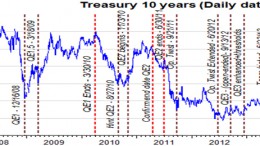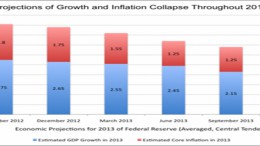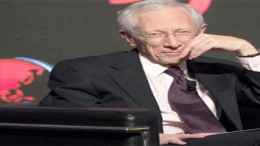FED: “Some questions do have answers”
SAO PAOLO | By Marcus Nunes | In his recent post at Econlog Scott Sumner writes “Questions that have no answers”: There are some questions that have no answers. One example is the question: “Was monetary policy too expansionary during the housing boom?” The only sensible answer is “it depends.” It’s not clear what the Fed was trying to do during this period.




